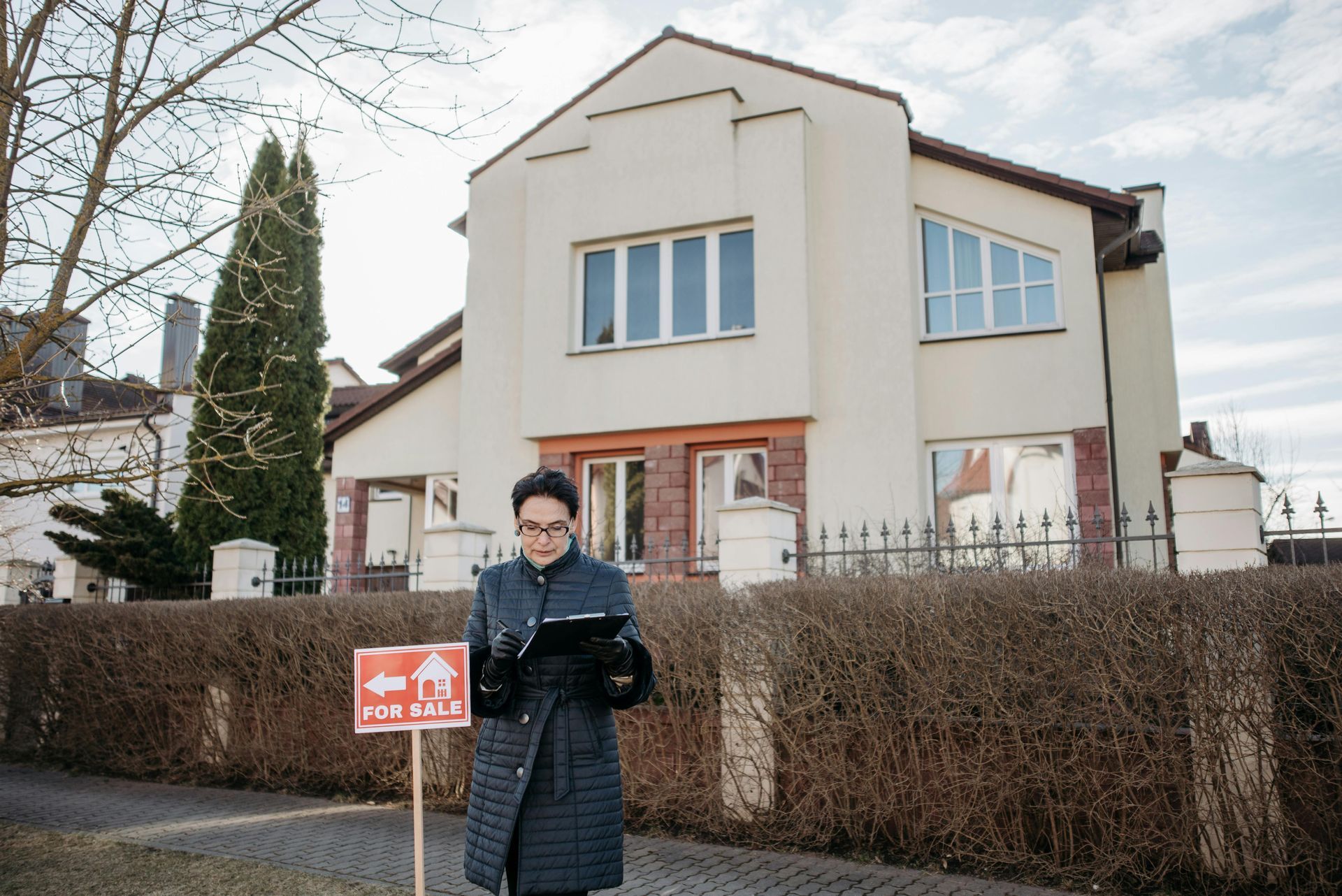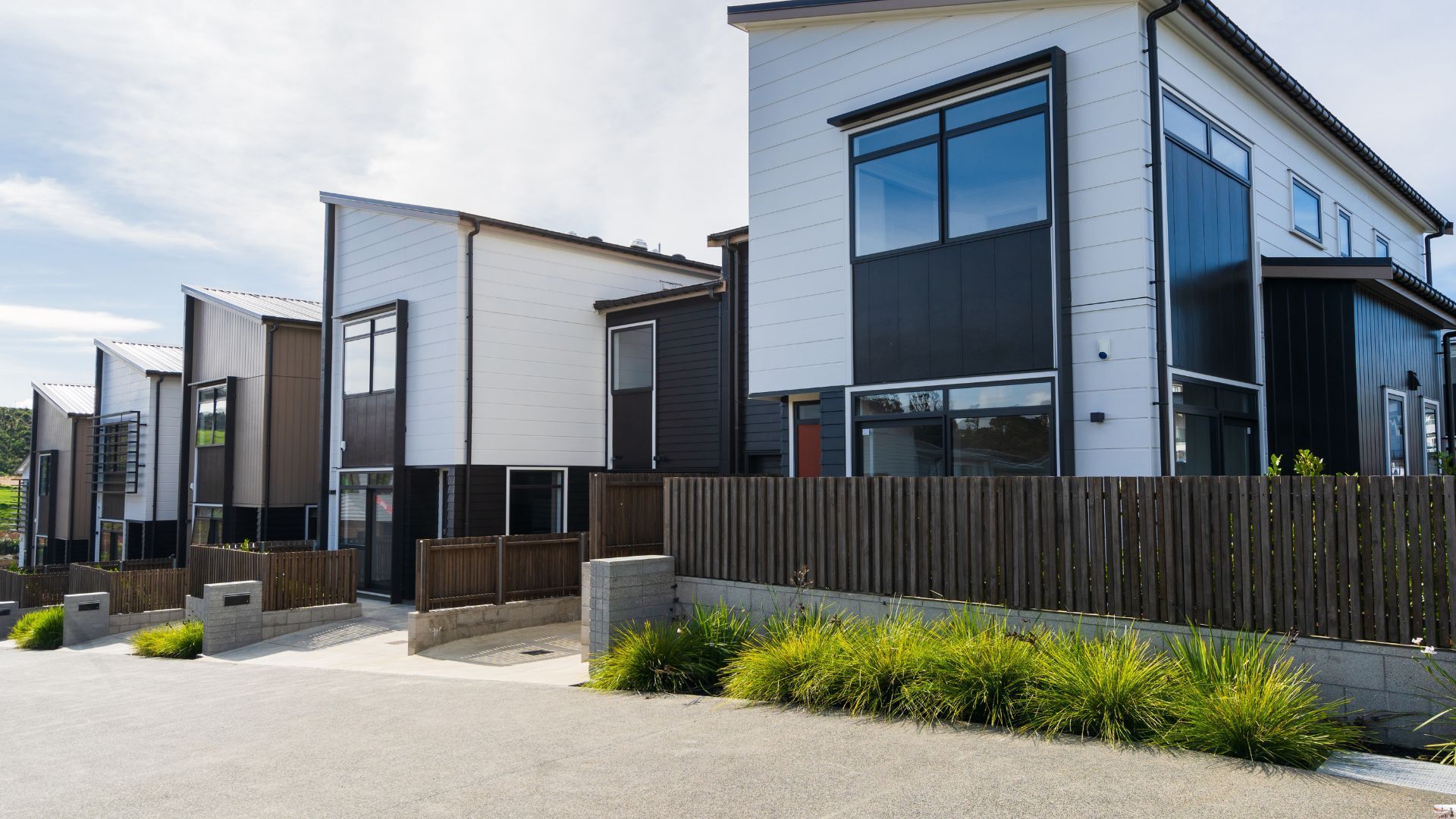Vancouver Real Estate Trends: Key Insights

In the ever-evolving landscape of real estate, Vancouver stands out as a vibrant hub of activity, boasting a unique blend of natural beauty, cultural diversity, and economic dynamism. As one of Canada's most sought-after markets, the trends shaping Vancouver's real estate sector are of immense interest and significance to investors, homeowners, and industry professionals alike. From the rise of sustainable development initiatives to the impact of global economic shifts on property values, understanding the key insights driving Vancouver's real estate market is crucial for making informed decisions in buying, selling, or investing. In this exploration, we delve into the latest trends, uncovering valuable insights that illuminate the past, present, and future of Vancouver's real estate landscape.
Market Dynamics
Vancouver's real estate market is a dynamic ecosystem influenced by various interconnected factors. From demographic shifts to economic indicators, understanding the forces shaping this landscape is paramount for stakeholders. The interplay between supply and demand, coupled with factors like interest rates, migration patterns, and investor sentiment, dictates market behavior. Moreover, external influences such as geopolitical events and global economic trends add layers of complexity. Analyzing these dynamics provides insights into price movements, investment potential, and market stability, empowering investors, developers, and policymakers to navigate effectively in this ever-evolving environment.
Price Trends
Price trends in the Vancouver real estate market serve as a crucial barometer for investors and homeowners alike, reflecting the intricate interplay of supply, demand, and market sentiment. Understanding these trends is essential for making informed decisions in buying, selling, or investing in properties across the city.
- Fluctuations: Price trends often exhibit fluctuations influenced by various factors such as economic conditions, interest rates, and government policies.
- Historical Patterns: Analyzing historical data allows stakeholders to identify patterns and anticipate future price movements, providing valuable insights for strategic decision-making.
- Market Sentiment: Consumer confidence and investor sentiment play significant roles in shaping price trends, with shifts in perception impacting market dynamics.
- External Influences: Factors like international investment flows, geopolitical events, and global economic trends can exert significant influence on Vancouver's real estate prices.
- Predictive Models: Leveraging predictive models and market analysis techniques enables stakeholders to forecast price trends and position themselves strategically in the market.
Keeping a keen eye on price trends empowers individuals to navigate the Vancouver real estate market with confidence, seizing opportunities and mitigating risks in an ever-evolving landscape.
Housing Affordability
Vancouver's real estate market grapples with the perennial challenge of balancing housing demand, supply, and affordability. The city's desirability coupled with limited land availability has led to soaring property prices, making homeownership increasingly unattainable for many. Policymakers face the delicate task of implementing measures to enhance affordability without destabilizing the market. Strategies such as increasing housing supply, incentivizing affordable housing development, and regulating speculative activities aim to address this issue. However, achieving equilibrium remains elusive amidst the ongoing tension between market forces and socio-economic realities.
Neighborhood Spotlight
Vancouver's diverse neighborhoods offer a rich tapestry of living experiences, each with its own unique character and appeal. Emerging hotspots draw attention with revitalization efforts, infrastructural developments, and burgeoning cultural scenes. Meanwhile, established gems exude charm with their historical significance, architectural heritage, and established communities. Exploring these neighborhoods unveils a spectrum of lifestyle options, catering to diverse preferences and needs. Whether seeking urban vibrancy, waterfront serenity, or suburban tranquility, Vancouver's neighborhoods promise something for everyone, shaping the city's real estate landscape with their distinct identities and allure.
Sustainability Initiatives
Sustainability initiatives are increasingly becoming a focal point in Vancouver's real estate sector, driven by a collective commitment to reducing environmental impact and enhancing livability. Developers, policymakers, and consumers alike are embracing green building practices and eco-friendly technologies to create more sustainable communities. These initiatives not only contribute to a healthier environment but also offer long-term economic benefits and enhance the quality of life for residents. From energy-efficient buildings to green spaces and sustainable transportation options, Vancouver's sustainability efforts are shaping the city's real estate landscape for the better.
- Energy-efficient buildings: Incorporating advanced technologies and design principles to minimize energy consumption and reduce carbon emissions.
- Green spaces: Preserving and creating green areas within urban environments to promote biodiversity, improve air quality, and enhance residents' well-being.
- Sustainable transportation: Investing in infrastructure for cycling, walking, and public transit to reduce reliance on cars and promote alternative modes of transportation.
- Waste reduction strategies: Implementing measures to reduce, reuse, and recycle materials in construction and operations, minimizing environmental impact and resource depletion.
- Community engagement: Engaging residents and stakeholders in sustainability initiatives through education, outreach programs, and participatory decision-making processes, fostering a sense of ownership and collective responsibility.
Vancouver's sustainability initiatives in real estate are driving positive change, making the city more resilient, livable, and environmentally friendly. By embracing sustainable practices, stakeholders contribute to a more vibrant and prosperous future for Vancouver and its residents.
Policy Impacts
Government regulations play a pivotal role in shaping Vancouver's real estate market, with policies spanning taxation, zoning, and land use regulations. Measures aimed at curbing speculation, enhancing housing affordability, and promoting sustainable development exert profound impacts on market dynamics. Recent interventions include foreign buyer taxes, speculation taxes, and affordable housing mandates, all aimed at addressing market imbalances and socio-economic disparities. Understanding the intricacies of these policies is crucial for market participants to navigate regulatory frameworks, anticipate market shifts, and capitalize on emerging opportunities while mitigating risks associated with regulatory uncertainties.
Investment Opportunities
Investment opportunities in Vancouver's real estate market abound, offering diverse avenues for individuals seeking financial growth and portfolio diversification. Here are five compelling investment options to consider:
- Residential Properties: With Vancouver's robust demand for housing, investing in residential properties presents a stable long-term investment opportunity, whether through rental income or capital appreciation.
- Commercial Real Estate: Vancouver's thriving economy and vibrant business environment make commercial real estate investments appealing, offering potential for steady returns from leasing to businesses.
- Mixed-Use Developments: The integration of residential, commercial, and retail spaces in mixed-use developments provides investors with the opportunity to capitalize on multiple income streams and benefit from urban revitalization initiatives.
- Sustainable Developments: As sustainability gains prominence, investing in green buildings and environmentally friendly developments not only aligns with ethical considerations but also positions investors to capture growing demand for eco-conscious properties.
- Real Estate Investment Trusts (REITs): For those seeking passive investment opportunities, REITs offer a convenient way to access diversified real estate portfolios, providing regular income and the potential for capital appreciation.
Vancouver's real estate market offers a plethora of investment opportunities across various sectors. Whether you're interested in residential properties, commercial real estate, mixed-use developments, sustainable initiatives, or REITs, there's a wealth of options to explore. By carefully considering your investment goals, risk tolerance, and market trends, you can make informed decisions to grow your wealth and achieve financial success in Vancouver's dynamic real estate landscape.
Conclusion
Vancouver's real estate market is a multifaceted arena shaped by diverse factors ranging from market dynamics and price trends to housing affordability and sustainability initiatives. Navigating this complex landscape requires insight, strategy, and expertise. As you contemplate your next real estate move in Vancouver, consider enlisting the assistance of a seasoned professional like Mike Dirks, whose intimate knowledge of the local market and dedication to client satisfaction can guide you towards success. Whether you're buying, selling, or investing, Mike Dirks Real Estate Agent brings unparalleled value and expertise to every transaction. Take the first step towards achieving your real estate goals by reaching out to Mike Dirks today at 778-997-1890 or visiting his office at 2107 W 40th Ave #201, Vancouver, BC V6M 1W4, Canada. Your journey to real estate success in Vancouver starts here.
Ready to work with Dirks Real Estate?
Let's connect! We’re here to help.
Send us a message and we’ll be in touch.
Or give us a call today at 778-997-1890











